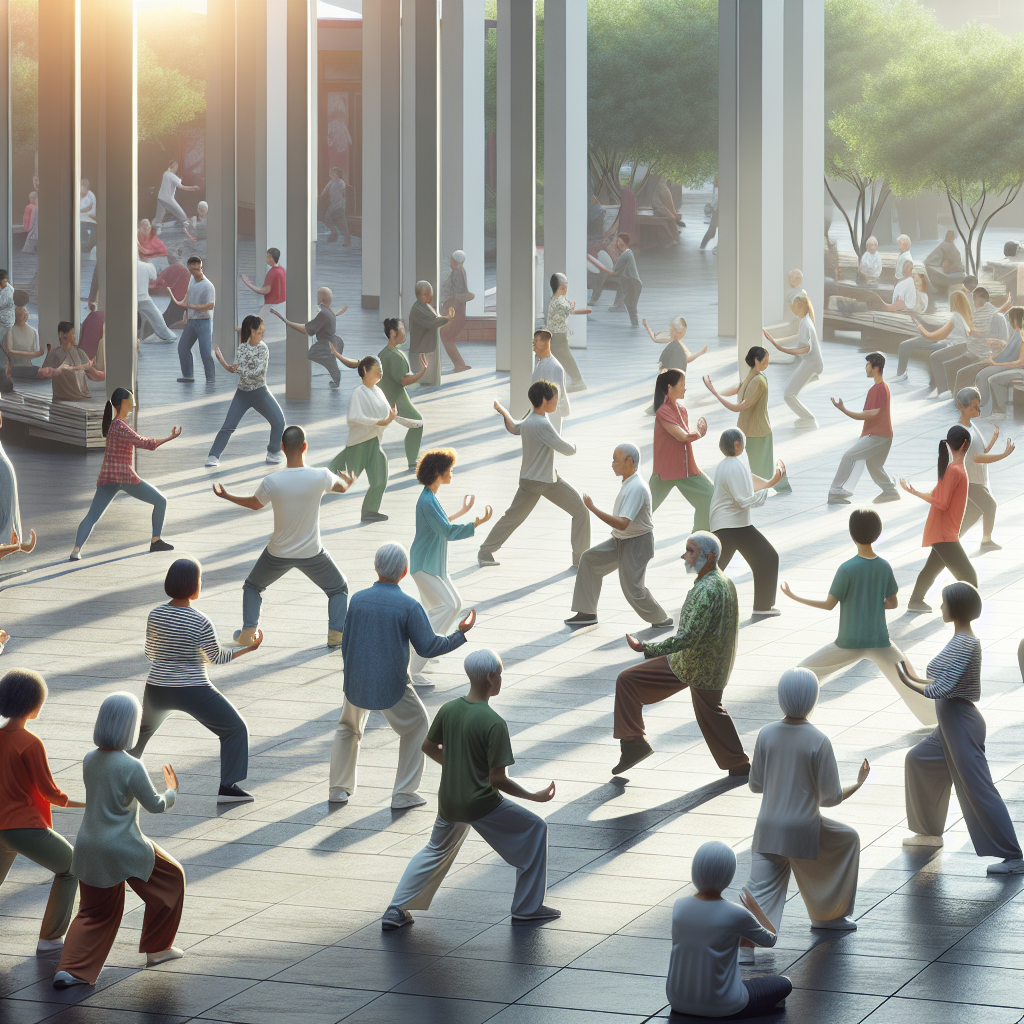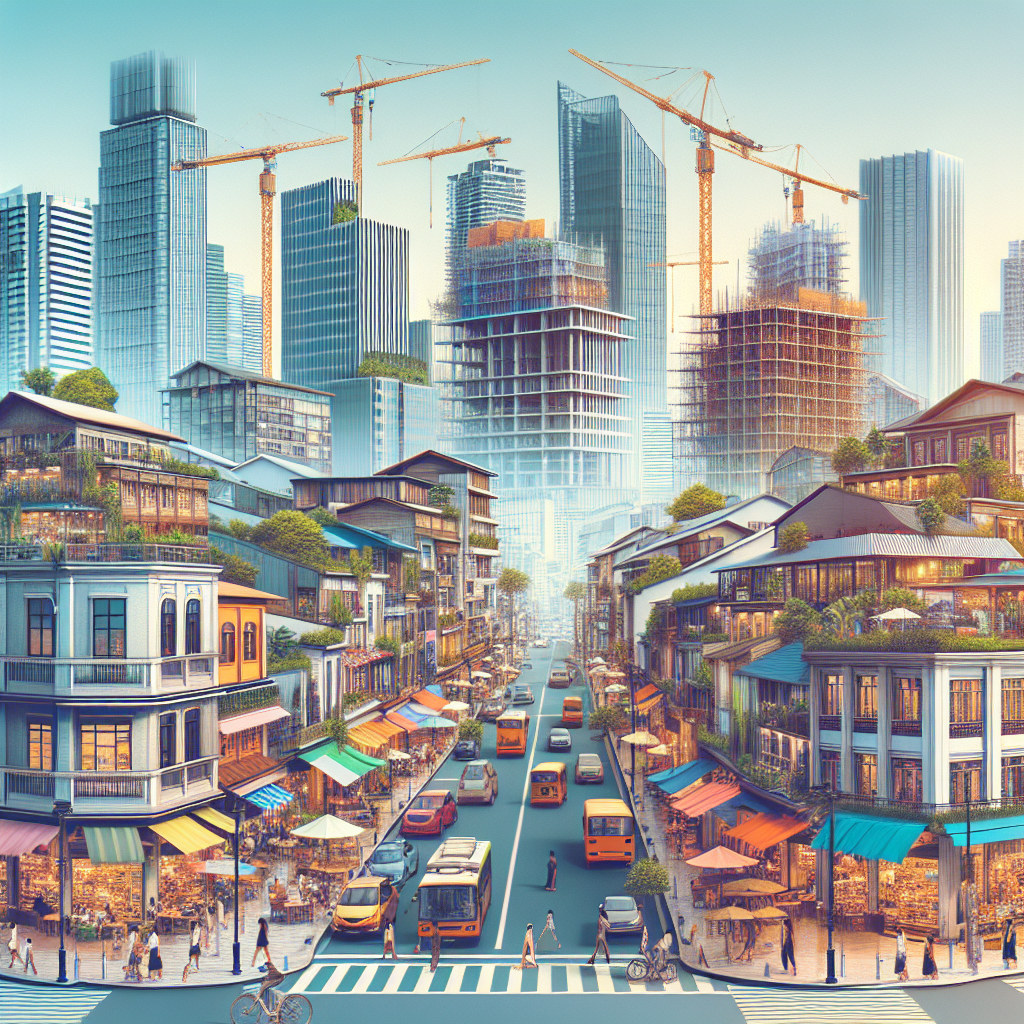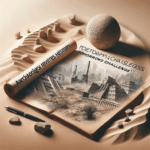The recent transformation of our local business district is not just an urban planning feat, but visibly a public health phenomenon. In what can best be characterized as a ‘Cultural Shift’, this district has transitioned from concrete jungle to green haven, with implications that go far beyond aesthetics.
Getting there is more than just physically traveling to this location. It’s about understanding the political landscape that allowed such transformative change to occur in our community. The grassroots lobbying and policy evolution behind it reveals an unprecedented support for public health initiatives within government structures.
The local culture around health consciousness has palpably shifted too. Businesses are no longer just restaurants or retail stores; they’re places promoting activities like yoga classes on rooftops or cycling clubs meeting at cafes early mornings. Outdoor seating spaces allow us to enjoy fresh air while working remotely or socializing without restriction.

A must-see attraction is the newly established Farmer’s Market Square, where locals can buy organic produce directly from regional farmers. Beyond providing healthy food options, it fosters engaging conversations about nutrition and sustainability amongst residents.
A hidden gem in this new infrastructure is Meditation Park – small yet serene, it serves as an oasis amid urban hustle-bustle encouraging mindfulness practices beneficial for mental well-being.
The local cuisine now reflects healthier eating habits with more plant-based options available even at traditionally steak-centered eateries; A testament to changing consumer preferences towards balanced diets.
Practical tip for newcomers: always carry your recyclables with you. This district champions environmental health by having numerous recycling centers and minimal waste bins to promote a circular economy.
Reflecting on this transformation, it’s clear that the ‘argument everyone is missing’ is just how much of an impact such community-led changes can make on public health outcomes.
The broader implications are profound – more urban areas could replicate this model, leading us towards healthier societies holistically. It’s not simply about physical fitness or organic eating but rather fostering environments conducive to well-being in all its forms – mental, social, and environmental. That’s why you should visit our transformed business district – to experience firsthand the positive ripple effects of change on public health.



